
West Michigan Neurodegenerative Diseases (MiND) Program
Overview
Van Andel Institute’s West Michigan Neurodegenerative Diseases (MiND) Program is a collaborative effort to identify genetic and epigenetic changes that may play roles in neurodegenerative diseases, such as Parkinson’s and dementias. Our goal? To move the needle in our understanding of these diseases, power new discoveries and leverage our findings to inform groundbreaking treatment strategies.
The program is led by Darren Moore, Ph.D., chair of VAI’s Department of Neurodegenerative Science.
Questions? Please contact MiND Program Manager Erin Williams, Ph.D., at [email protected].
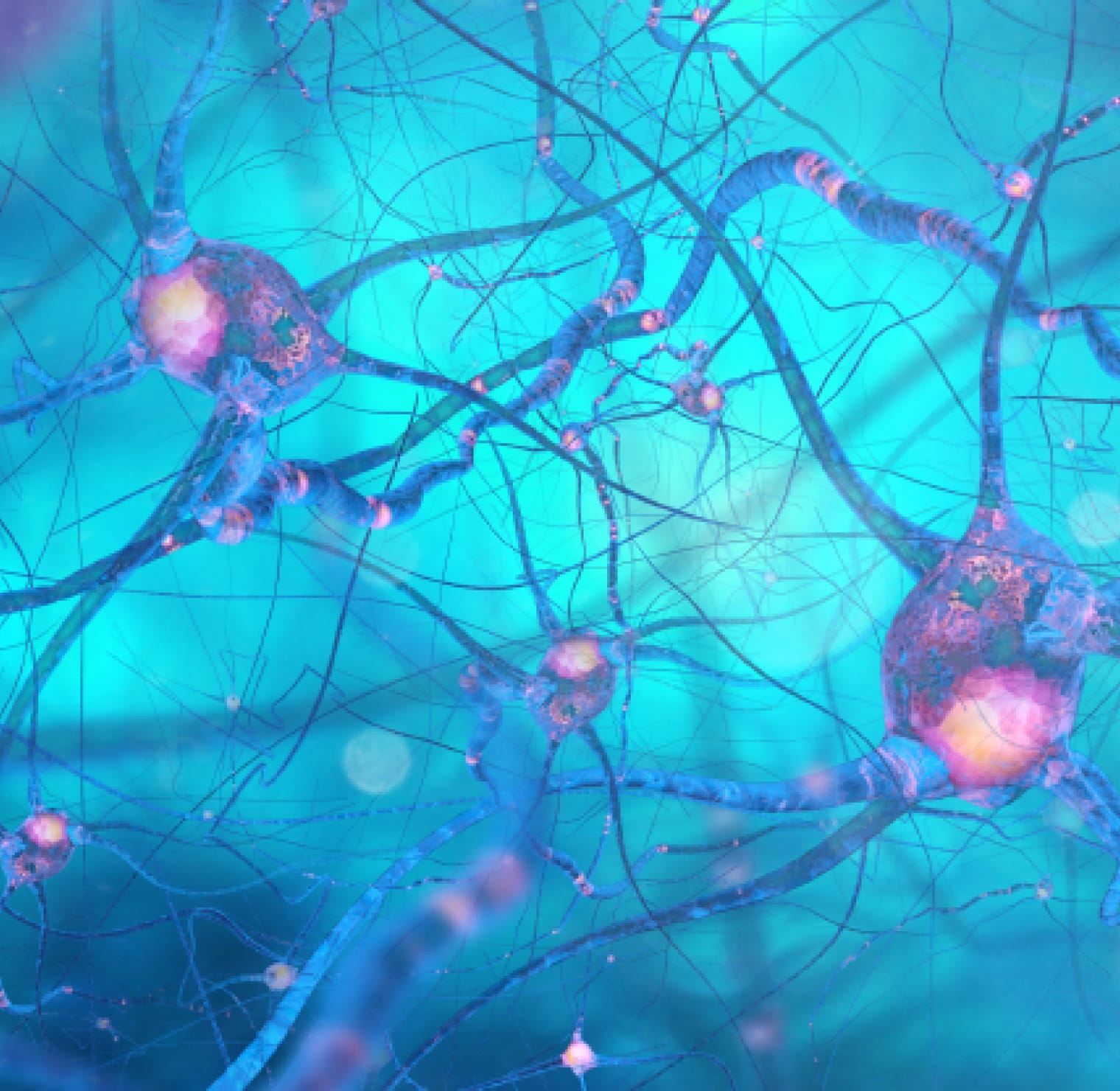
The fingerprints of diseases such as Parkinson’s and dementias may be found in our DNA, in molecules related to cellular signaling or in the proteins that carry out every function in our bodies. In the NeuroGenomes Project, VAI scientists seek to sleuth out these vital clues by analyzing patient samples from West Michigan in search of molecular changes that signal disease. The results of this initiative could provide critical insights into the roots of neurodegeneration within the West Michigan community.
These vital samples include blood, urine and cerebrospinal fluid. They will be stored in the MiND Biorepository, which will be housed in the Institute’s accredited Biorepository. Informed consent is obtained through our clinical partners. Donors remain anonymous.
This important work would not be possible without the selfless sample donations and support of people in the West Michigan community.
We are pleased to collaborate with Corewell Health, Mercy Health and Pine Rest Christian Mental Health Services on this project.
For clinical questions, please contact VAI’s Translational Research Project Management Team at [email protected].
Human brain tissue is a powerful tool for studying neurodegenerative diseases such as Parkinson’s and dementias. VAI’s Brain Biobank is a first-of-its-kind effort for West Michigan — a biobank dedicated solely to housing donated brains from people with neurodegenerative diseases. Located within VAI’s accredited Biorepository, the Brain Biobank drives insight and discovery by providing scientists the samples needed to investigate the intricate underpinnings of Parkinson’s, dementias and other neurodegenerative diseases.
What is a biobank?
A biobank is a collection of biological samples organized in a systematic way. These samples are vital for understanding health and disease because they allow scientists an important window into physical changes caused by disease.
Where do samples come from?
The brains in VAI’s Brain Biobank will come from individuals who have generously chosen to donate their brains after their passing to support scientific discoveries. To this end, we have partnered with LifeNet Health, an organ procurement organization and a leader in regenerative medicine and life sciences.
Informed consent is obtained through LifeNet Health. Donors remain anonymous.
Questions? Please contact MiND Program Manager Erin Williams, Ph.D., at [email protected].
Stem cells are biological “blank slates” that give rise to all the specialized cell types needed to assemble and power the human body, from skin cells to heart cells and everything in between. One of their many important jobs is to maintain the body throughout life by replacing dead cells and rejuvenating damaged tissues.
Induced pluripotent stem cells (iPSCs) are cells derived from blood or skin cells that are “reprogrammed” in the lab to return to their earlier, undifferentiated state. From there, they can be coaxed to become other types of cells, making them powerful tools for scientists. For example, using iPSCs, scientists can generate living brain cells in the lab — allowing them to see first-hand the mechanisms underlying neurodegeneration.
As a part of our iPSC Platform, we are purchasing a robotic and fully automated high-content imaging system to perform high-throughput screening on living brain cells (iPSC derived through reprogramming) to understand the mechanisms behind neurodegeneration at the molecular level.
The iPSC Platform is under development and is slated to launch in early 2022. For questions, please contact MiND iPSC Platform Director Laurent Roybon, Ph.D., at [email protected].
Collaboration is at the heart of VAI’s mission to support groundbreaking, life-changing science. To this end, the MiND Program is pleased to offer funding to VAI scientists in support of early-stage collaborative research projects, with an emphasis on screening and pilot studies.
For information on how VAI investigators may apply for these grants, please contact MiND Program Manager Erin Williams, Ph.D., at [email protected].
As part of our commitment to training the next generation of scientists, we are pleased to offer our Pathway-to-Independence Award, which will provide funding to selected senior postdoctoral fellows at VAI to further develop their careers. The program will award two grants each year, which will provide up to two years of project support under the guidance of their mentor.
For more information, please contact MiND Program Manager Erin Williams, Ph.D., at [email protected].
Team

Darren Moore, Ph.D.
Chair and Professor, Department of Neurodegenerative Science; Director, MiND Program; Jay Van Andel Endowed Chair in Parkinson’s Disease Research
Molecular Neurodegeneration
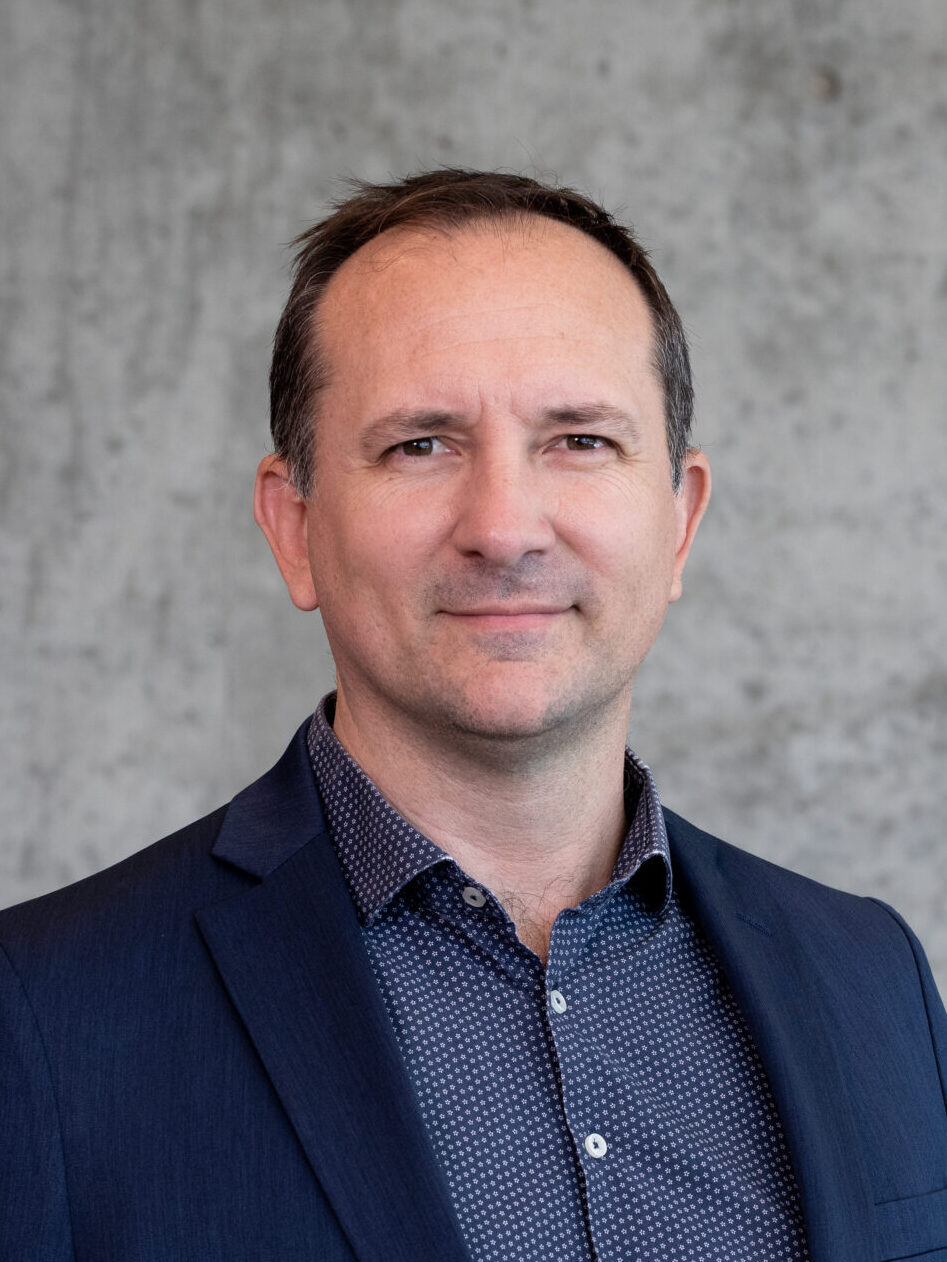
Laurent Roybon, Ph.D.
Associate Professor, Department of Neurodegenerative Science; Director, MiND iPSC Platform
Patient-Based Models of Neurodegenerative Diseases
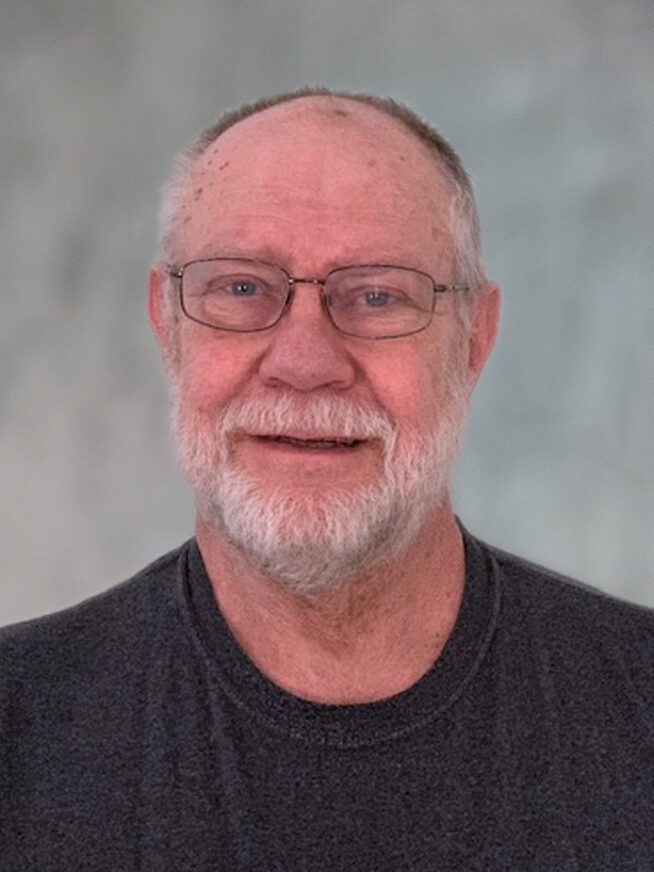
Gerhard (Gerry) Coetzee, Ph.D.
Professor Emeritus
Post-GWAS Functionality

Michael Henderson, Ph.D.
Associate Professor, Department of Neurodegenerative Science; Director, VAI Brain Bank
Protein Pathologies and Genetic Risk in Neurodegeneration
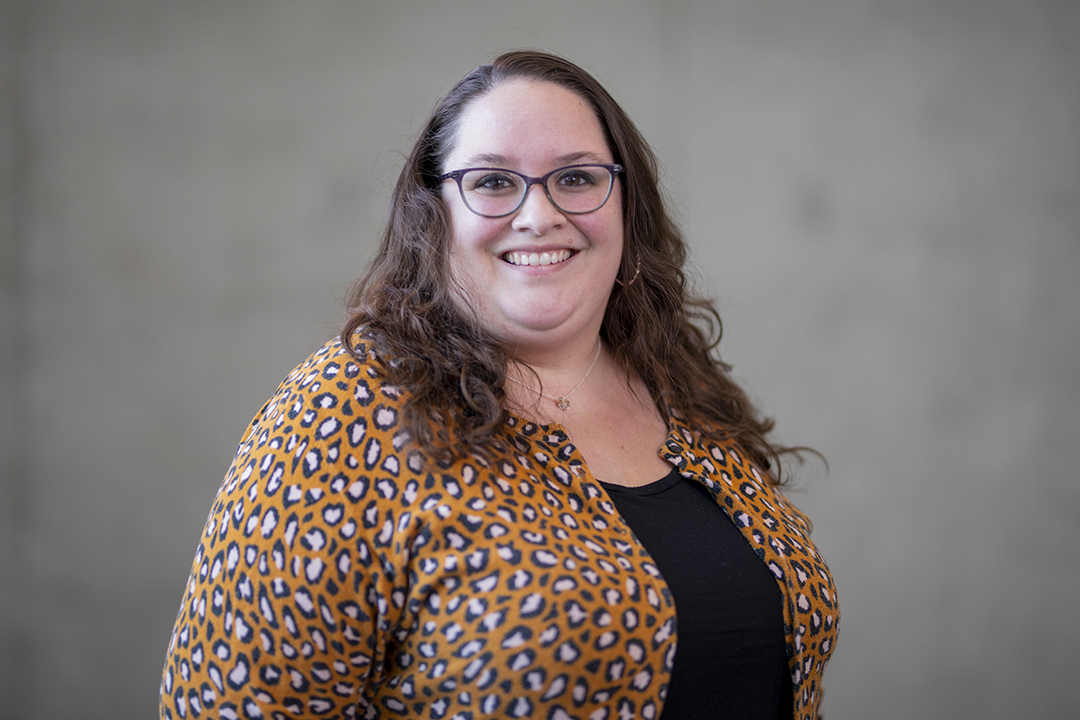
Jamie Durst, B.S.
Senior Administrative Assistant II, Department of Neurodegenerative Science
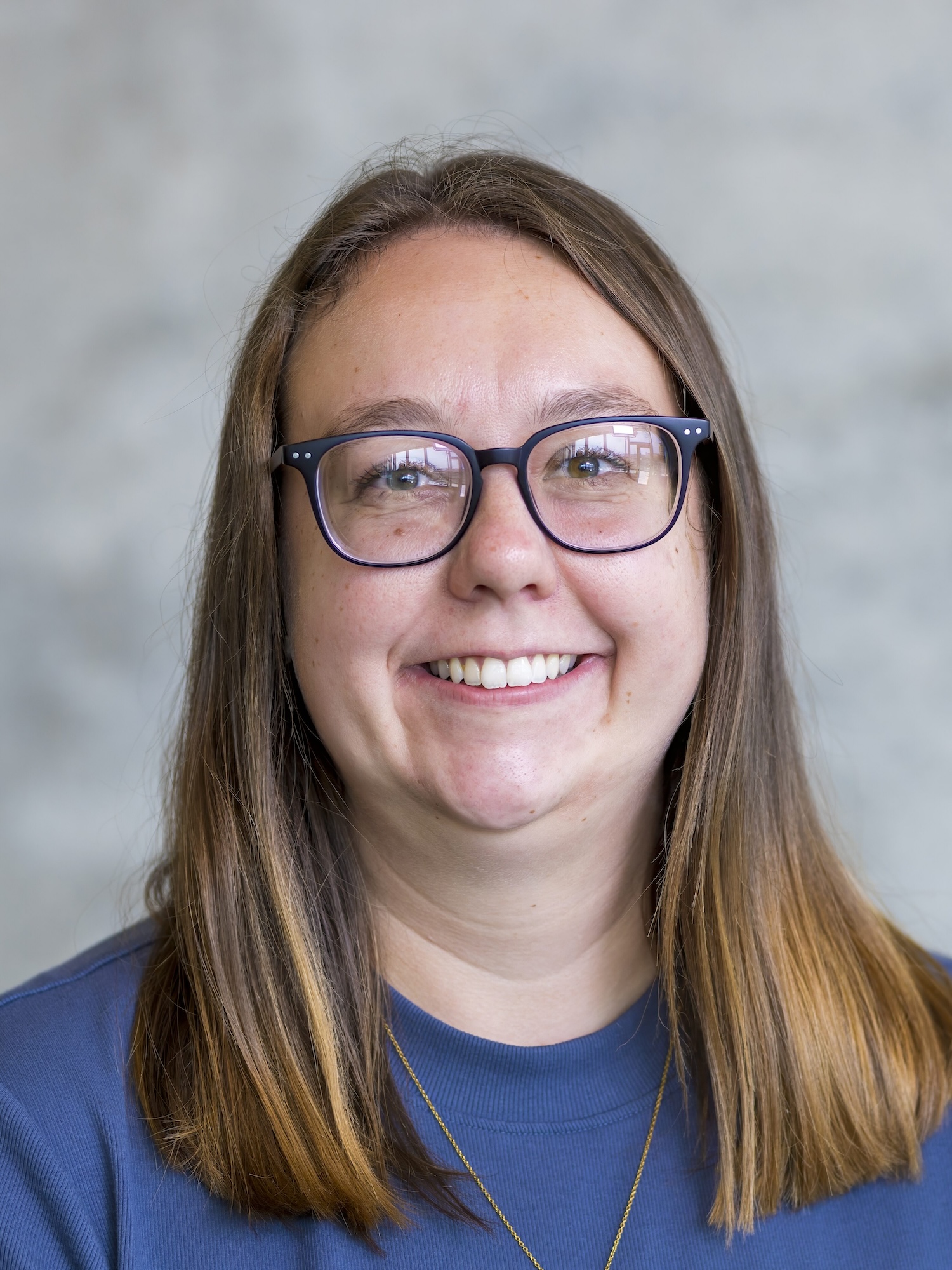
Olivia Licari
Research Technician, MiND Program
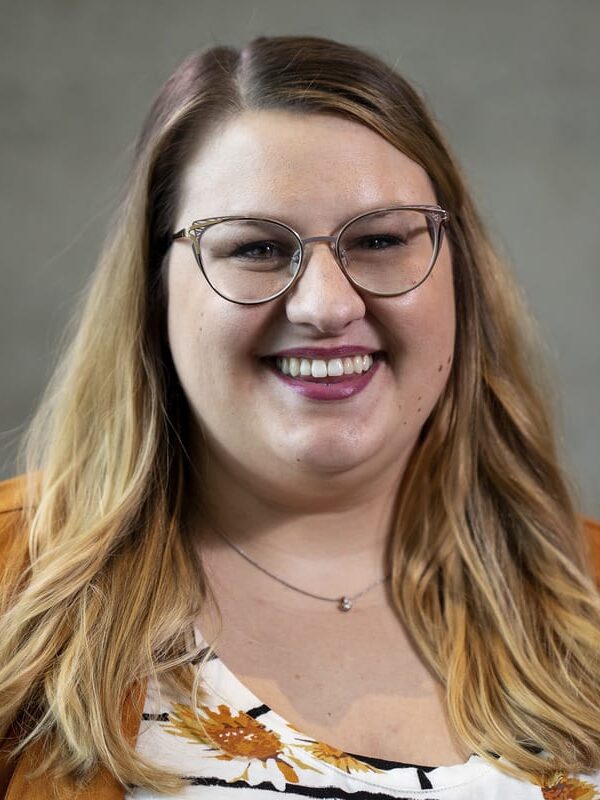
Erin Williams, Ph.D.
Research Program Manager, MiND

